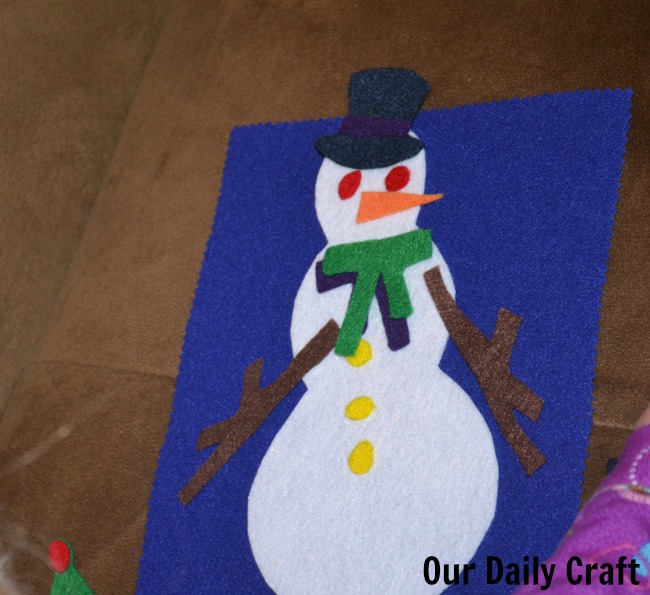Affiliate links may be included for your convenience. View our privacy and affiliates policy for details.
As a brand ambassador for Better Beginnings, I am being compensated for this post, but all opinions are my own.
I told you the story about the girl telling her teacher that a butterfly doesn’t come from a cocoon but a chrysalis. And that I said she’s so smart in part because we read a lot.
But we also talk a lot.
I have never used baby talk with my child and I never talked down to her in any way. I talk to her like I’d talk to anyone. Big words, sarcasm and all.
(Which has led some friends without kids to say she probably only understands half of what I say, but I think she gets more than they think.)
In the beginning, reading was a form of talking. I read from The Catcher in the Rye and A Prayer for Owen Meany because they’re some of my favorites, and because I love the language of them (and she was way too little to understand the swear words).
[Tweet “Reading to your young child is a form of talking. Read things you love the language of.”]
We were alone together all the time (seriously, I barely left the house for the first seven months, and I think she only left once or twice other than doctor appointments) and I naturally talk to myself, so instead I talked to her, about what was happening, what we were going to do, anything.
And when she started talking, we talked to each other. We may not have always understood each other (still don’t), but she has a huge vocabulary and people are always saying she talks more like a grownup than a little kid.
That doesn’t mean her language is always perfect. Her first “word” was baba, which meant food. She’s only recently started pronouncing animals correctly (she used to say aminals) and furniture was furnichair for a long time.

Benefits of a Talker
It’s not always great to have a kid who talks a lot, but it is nice that she can express herself — when she wants to, anyway — and it’s really fun to hear what she’s thinking about.
Sometimes, for example, she talks to herself or kind of mumbles under her breath and when I ask what she said she’ll say something like “nothing, I was just talking to the dog in my brain.”
She’s pretty comfortable talking to adults, and always wants to talk on the phone, no matter who we’re talking to.
I think understanding more words at a young age makes her more curious. She asks a lot of questions, and we do our best to answer them, which leads to more talking, and more questions.
[Tweet “Talking leads to curiosity, which leads to questions, and more talking.”]
Having good communication skills helps with cooperation, too, because we can explain what our expectations are and hopefully she can talk to us when she has a problem or needs to do something different.
Our bedtime routine, for example, is reinforced by being able to talk about what we’re doing now and what happens next. (There’s also a lot of talking involved in our routine, because she gets read a book, told a story and sung songs.)
When a Talker Won’t Talk
Of course nothing is perfect with a preschooler, and there are plenty of times we need her to talk and she won’t. Sometimes if she wants something she’ll only point or say the first sound of the word of the thing she wants. I try not to guess and to make her actually “use her words,” since that’s a kind of cooperation, too.
And I tell her that we can’t help her if she doesn’t tell us what’s wrong or what she needs. It doesn’t always work, but with the solid foundation of talking we have built in her life, I hope that she’ll remember the importance of communication now and into her older childhood and teen years.
Better Beginnings has great information (these are PDFs) on boosting language in your baby and getting kids to cooperate. If you have any tips for getting a kid to talk when she doesn’t want to, I’d love to hear them!



5 Comments
I also believe in talking with children from the newborn stage on up. You’re right, it is fun to hear what kids are thinking about. Cooperation is encouraged, I think, because children and adults who can participate in good conversation have developed a rapport, which can almost always help with behavior.
Reading and talking works! My oldest has always communicated like a little adult and can somehow magically relate what things like “semi-aquatic” mean, even though we’ve never once talked about them before. Although my twins are not quite as advanced since they’ve got their own preemie/twin things happening, I can tell that when we’re really working on doing a lot of reading and learning, they sponge it right up.
My big sister and parents used to read to me all the time. We went to the library each week and filled a little red wagon with library books. 🙂
I agree that baby talk is for the birds! Nothing cute that a little mini with a massive vocabulary!
Love this post. I am firmly against “baby talk”. I speak to my son the same as I would anyone else. He does have a language delay, but the things he does talk about and observes amazes me at times.